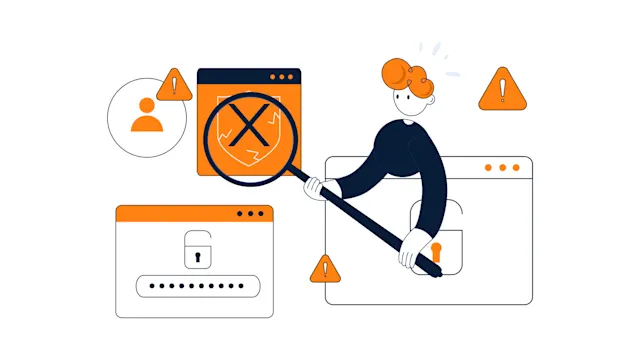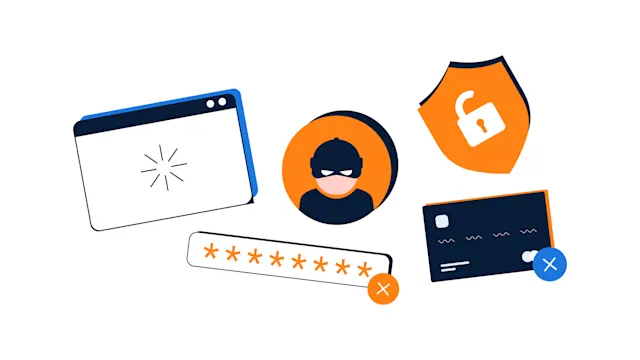
What is KYC & Why it is Important
KYC stands for “Know Your Customer” and is a requirement enforced typically on financial institutions to verify their customer's identities.
KYC stands for “Know Your Customer” and is a requirement enforced typically on financial institutions to verify their customer's identities. KYC requirements mainly help to prevent money laundering, financing terrorism, or any other illicit transfers of money. Customers are required to provide their KYC information before opening an account and update the institution in case there is a change made to their personal identity information, such as changing their legal name or place of residence. With cryptocurrencies, one may be able to open an account without performing the KYC process, but they may have restricted access to services.
Who regulates KYC?
KYC requirements vary in different jurisdictions (countries) but generally follow the same requirements and processes. The Financial Action Task Force (FATF) sets the standard for Anti-money Laundering (AML) regulations which is accompanied by the KYC requirements at a global level. Countries have adopted the recommendations in different ways but generally follow the guidelines of the FATF.
The stages of KYC
There are three main stages of KYC followed by all jurisdictions, which include the following.
1. Customer identification program (CIP): This involves the collection and verification of data. With crypto exchange, this process may occur after registration, but nevertheless, the services available will be limited.
Main requirements
Personal identifiers; Passport, Government Identification Card, or Driving License.
Place of residence and address.
Bank account number and IBAN
2. Customer Due Diligence (CDD): Some financial institutions may conduct a background check on the customer with the aim of doing a risk assessment that may possibly uncover previous participation in financial fraud.
3. Ongoing monitoring: Financial entities may frequently monitor customers that may be flagged for suspicious activity or ensure that the KYC information is updated.
Why do we need KYC in crypto?
Although implementing a KYC procedure may be time-consuming, there are a number of ways that both customers and crypto service providers stand to benefit from KYC requirements; see below.
When using lending services, customers are able to assess and mitigate their risk by being able to identify the customer's identity.
Helps to combat identity theft and financial fraud.
It will deter money launderers from relying on cryptocurrencies and also help to capture them.
Increases the trust, security, and reputation of crypto service providers and helps to alleviate misconceptions of cryptocurrencies being an option for criminals only.
Reduces legal risk by promoting collaboration between crypto entities and governments.
Enhance the stability of the crypto market by introducing more participants that were cautious of low regulation.
Customers should ensure that they pick reputable exchanges with good data security to reduce the risk of having their information leaked in case of a hack. CoinMENA (Company) is fully regulated by the Central Bank of Bahrain, and its board has drafted an “AML policy,” which is fully detailed on our website. Additionally, CoinMENA applies strict measures to protect customer data, and the official website details the limited use of private customer data under its “privacy policy.”



